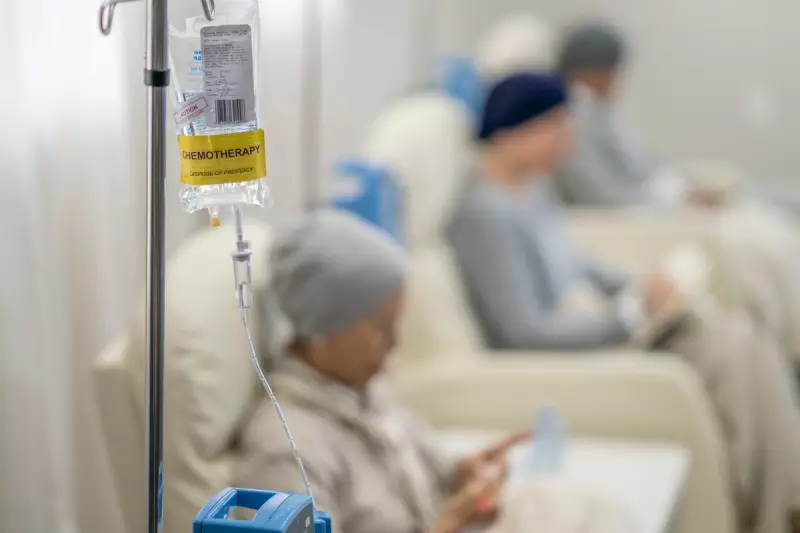
A stark new report has sounded the alarm on a future cancer crisis set to overwhelm the National Health Service. Projections indicate cancer cases in the UK will skyrocket, rising from the current 384,000 cases per year to an estimated 506,000 by 2040—an increase of more than a third.
The analysis, commissioned by the charity Macmillan Cancer Support, paints a concerning picture of an NHS struggling to cope with this impending surge. This escalation is primarily driven by the UK's growing and ageing population.
A System on the Brink
These figures arrive at a critical juncture for the health service. The NHS is already grappling with significant backlogs and long waiting times, exacerbated by the COVID-19 pandemic. The prospect of hundreds of thousands of additional annual cases threatens to push the system to its breaking point.
Macmillan's Chief Executive, Gemma Peters, issued a urgent plea for action, stating the need for a fundamental rethinking of cancer care. "We need a radical new plan to address this or we risk cancer becoming a forgotten 'long-term' condition", she warned.
The Critical Role of Early Detection
Beyond NHS capacity, the report underscores a second, equally vital front: public awareness. A key finding reveals a dangerous knowledge gap amongst the British public regarding potential cancer symptoms.
Worryingly, nearly half of UK adults (45%) could not identify a single warning sign from a common list, which includes:
- Unexplained fatigue
- Persistent cough
- Unexplained pain
- Changes in bowel or bladder habits
- Unusual lumps or swellings
This lack of awareness could lead to critical delays in people seeking medical help, ultimately impacting early diagnosis and survival rates.
A Call for a National Mission
Macmillan is urging the next UK government to treat cancer as a "national emergency". Their recommendations include a dedicated focus on:
- Investing in the NHS workforce to ensure there are enough specialist staff.
- Implementing robust public health campaigns to improve symptom recognition.
- Transforming service delivery to ensure faster diagnosis and treatment.
The message is clear: without immediate and decisive intervention, the nation is heading towards a devastating health crisis that will affect hundreds of thousands of lives for decades to come.





